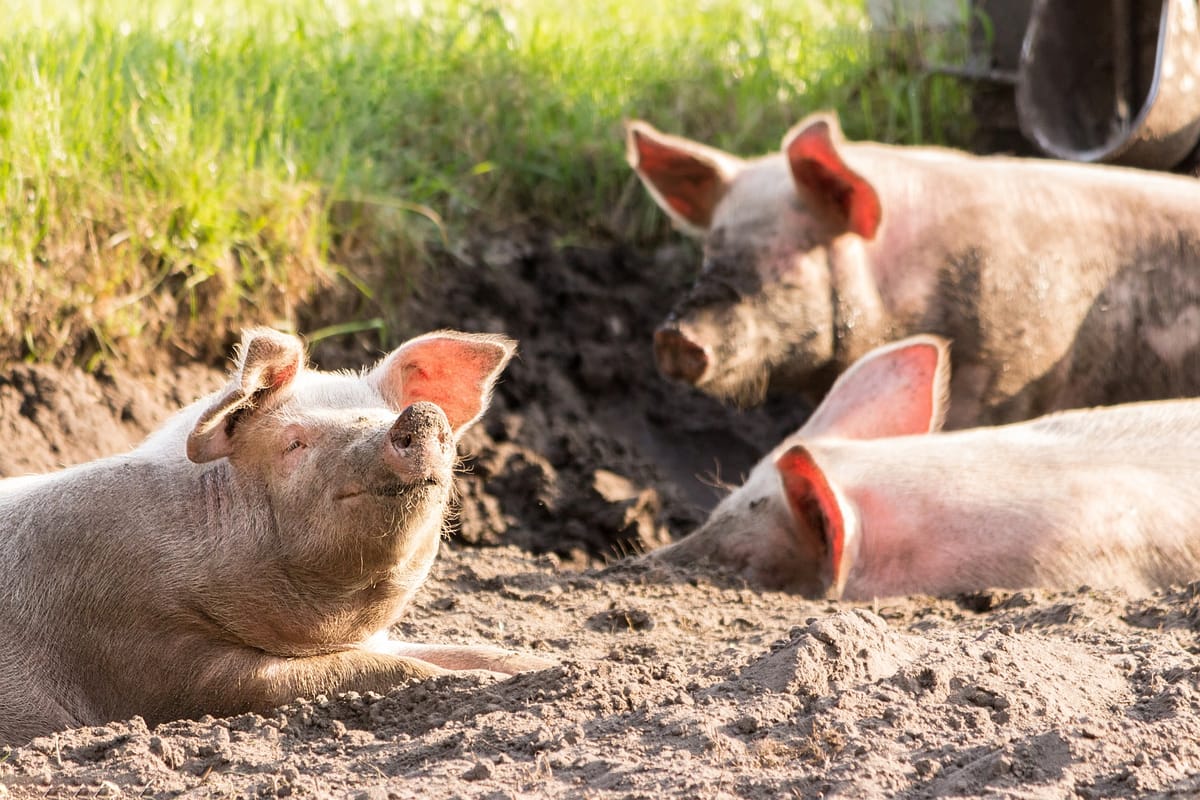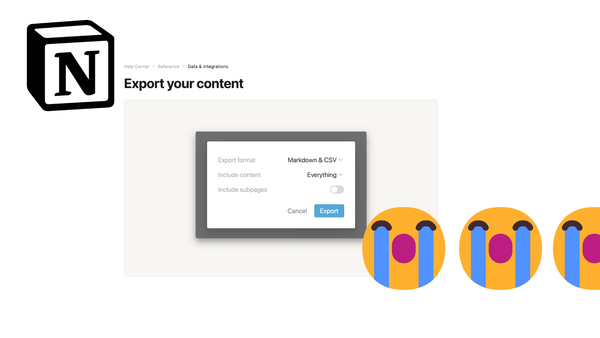The Merits of Slack

There are two meanings we generally assign to the word slack. First, we can understand it as a form of laziness or being negligent. If we say a company has slack safety procedures, we express that these are insufficient and that not enough attention and effort is dedicated to these. There are few merits in this form of slack. However, slack in a more literal sense simply means that something is loose or not tight, such as a rope which is hanging about loosely without much tension. I think that slack in this latter understanding has many merits which I shall discuss in the following.
We are obsessed with productivity. Society as a whole aims to be more productive in order to produce more wealth. Companies aim to be more productive to be more profitable and individuals aim to be more productive to further their careers or be more successful academically. I myself am quite obsessed with productivity and have long considered how I can be more productive. Tellingly, I have long sorted quotes into a category I labelled ‘productivity and fulfilment’ - since I understood these to be closely linked; that it would be difficult to be happy without being productive and the other way around. However, recently I started to rethink my view on productivity, mainly because of two new insights.
Firstly, I read in the book ‘Sapiens: A Brief History of Humankind’ that tribal people (and presumably our forebearers) work (gathering, hunting, crafting) only around 50% of the time. The remainder of their time they are idling about. In our modern times, we dedicate much larger proportions of our time to productive activities. Although we may strictly speaking work for only 8 hours in a day, we spend many more hours on ancillary activities, such as commuting, getting dressed, grooming, and cooking. Even worse, in the time that we truly have available to ourselves we often find other useful activities such as paying bills, cleaning or studying; and even if we don’t do something useful, we rarely ‘idle’ about. Instead we occupy our minds with television, social media, games or the news. The question which came to my mind in the context of this was whether this modern way of life is good and natural for us or whether it would be better for us to spent more time ‘doing nothing’ (see for a more in depth discussion on this In Praise of Idleness by Bertrand Russell).
Secondly, I have started working in a larger organisation again some time ago and I got the impression that often better results can be achieved if not all time is dedicated to strictly useful activities. One example for this are ‘hack days’ - two to five days in which employees, rather than doing their normal work, can work on any project they feel passionate about. I also believe that generally it is good not to burden individual employees or teams with tasks which fill up 100% of their capacity - since under pressure more mistakes are made and there is less room for creativity.
In addition, I have long believed that it might be better for society as a whole if we were less obsessed with economic growth. We could maybe be healthier and happier if we would have less economic activity - even if it comes at the cost of less consumption (I started reading Capital and Ideology by by Thomas Piketty which explores this theme in some depth).
Thus I believe that slack - as in not working as hard as we could - has potentially many benefits for individuals, organisations and societies. We should embrace the idea to try to achieve 80% or even only 50% of what we could theoretically accomplish.
It had long been my conviction that working as hard as we can is a desirable virtue and can be one of the key tenants of finding meaning in our lives. So how can I now advise to give ourselves more slack? Chiefly I think it is a matter of perspective. We must understand that no matter how grand the things we accomplish in our lives, they are but the tiniest spec in the fabric of creation. Thus if we shave of 20% from that, the universe probably won’t mind. Furthermore, the remaining 80% may add more value when we are able to perform this remainder with a lighter heart; and perspective for delivering true value that fosters our well being and the well being of others.
Picture credits: Lichtsammler





